
Excellent vision is the key to a happy life. You need to be able to see properly to handle your daily tasks, but a refractive error or cataracts can make that close to impossible. If you’re having trouble seeing, you might benefit from LASIK, cataract surgery, or even both. It’s important to understand your options so you know whether LASIK or Cataract Surgery is right for you.
LASIK or Cataract Surgery: Understanding the Procedures
While both LASIK and cataract surgery use lasers, they are two separate and distinct procedures. Cataract surgery removes a cloudy lens and replaces it with a new one. This gets rid of the cataract and improves vision. Around nine out of ten people state that their vision improved after the surgery.
LASIK reshapes the corneal tissue to correct refractive errors. This procedure can help people who suffer from nearsightedness, farsightedness, and astigmatism. It doesn’t help people who suffer from cataracts, however. If you have cataracts, your vision will only improve if you have cataract surgery.
Getting Cataracts after LASIK
LASIK is a permanent solution to most refractive errors. Since it reshapes the cornea, your vision shouldn’t get worse over time. However, you can still develop cataracts, and that will harm your vision. If that happens, you need to get examined by a Los Angeles, California cataract surgeon. Your surgeon will go in and replace the lens so you can see again.
It’s important to understand that a previous LASIK surgery will not disqualify you from cataract surgery. Even if you’ve had LASIK, you can usually have the surgery without any issues.
LASIK Surgery after Cataracts
Most people get monofocal lens implants during cataract surgery. These lenses are the gold-standard of cataract surgery and are typically covered by insurance. They provide good vision at a single distance, typically for far away distances. People often need reading glasses afterward. Those who don’t want reading glasses can get LASIK done in one eye to correct it for near vision. This allows them to see up close with one eye and at a distance with another eye. Before getting LASIK done in a single eye, it is a good idea to try it out with a contact lens to make sure you can adapt to it. Some people can adapt to it without any problems, while others may have problems. That is why it is so important to test it out before getting surgery.
Avoiding LASIK after Cataract Surgery
If you want to avoid wearing glasses or undergoing an additional refractive procedure after cataract surgery, ask your surgeon about multifocal or extended depth of focus intraocular lenses. These lenses work at all distances, reducing your chances of needing any type of corrective eyewear or surgery after they are implanted. You will need to check with your insurance company to see if they are covered under your plan.
If you’re considering any type of eye surgery, you will need to consult with a surgeon. Let a surgeon examine your eyes and help you determine if you are a good candidate for surgery. Your Los Angeles eye doctor can go over your options with you and help you come up with a plan. Contact Hamilton Eye Institute for your consultation today!
